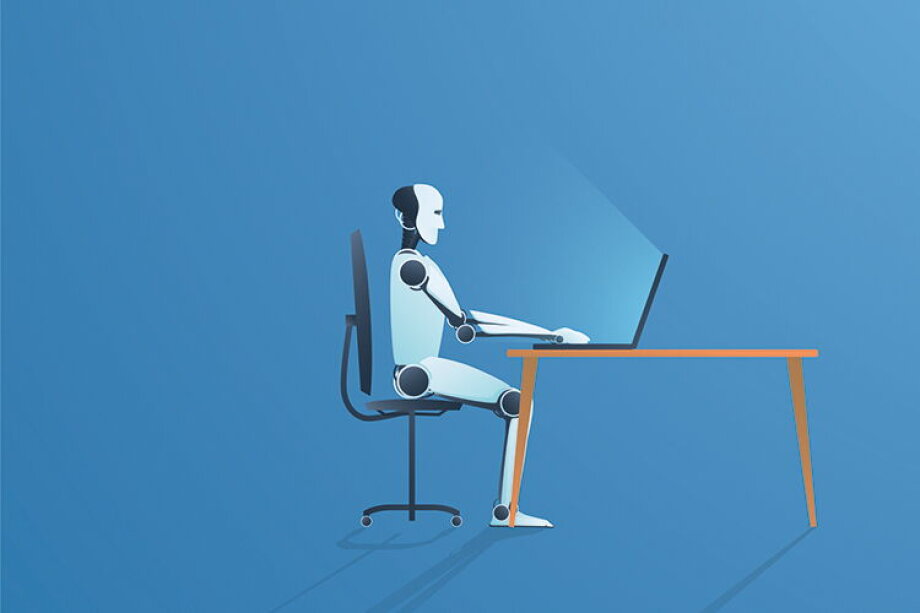Polish companies scramble to implement AI
In the rapidly evolving landscape of artificial intelligence (AI), where does Poland stand in terms of readiness for adoption?

In the rapidly evolving landscape of artificial intelligence (AI), where does Poland stand in terms of readiness for adoption?

Poland showcases both strengths and areas for improvement in its AI readiness. While strategic initiatives are underway, challenges persist in infrastructure, data management, governance, talent readiness, and cultural integration. Here is a breakdown of how advanced Poland is in AI adoption based on a recently published “Cisco AI Readiness Index.”
Strategy: setting the foundation
The first pillar examined in the study is strategy, the bedrock on which successful AI integration is built. In Poland, 46% of organizations fall into the "Followers" category, indicating a moderate level of preparedness, while only 29% are categorized as "Pacesetters," reflecting a fully prepared status. This suggests that while significant strides have been made, a considerable portion of businesses are still navigating the complexities of AI strategy development.
Infrastructure: the backbone of AI implementation
Moving beyond strategy, the study emphasizes the importance of a robust infrastructure for effective AI utilization. Unfortunately, only 7% of Polish organizations are classified as "Pacesetters" in infrastructure readiness, with the majority (63%) falling into the "Followers" or "Laggards" categories. Polish firms have their work cut out for them in making their IT infrastructure scalable and flexible, which is crucial for handling the demands of AI applications. As many as 86% of respondents express a need for additional data center graphics processing units (GPUs), indicating the necessity for further infrastructure investments.
Data: unlocking AI potential
In the realm of data readiness, a critical aspect of AI success, Poland faces challenges. An alarming 92% of respondents admit that their data exists in silos across the organization, hindering the seamless operation of AI algorithms. Although 56% positively rate their analytics tools for handling complex AI-related data sets, a significant hurdle lies in the lack of integration between analytics tools and data sources, reported by 80% of organizations.
Governance: navigating ethical and responsible AI
With 75% of organizations classified as "Followers" or "Laggards," only 7% earn the "Pacesetters" designation in governance preparedness. Alarmingly, 38% of organizations acknowledge limited awareness of potential biases and fairness issues in their AI-related data sets. This highlights a pressing need for organizations to establish comprehensive AI policies and protocols.
Talent: bridging the skills gap
Having the right talent for successful AI integration is critical. In Poland, 63% of organizations consider themselves moderately well-resourced in terms of AI talent, while 22% feel under-resourced. Comprehension and proficiency in AI tools and technologies emerge as the primary skill gap, identified by 31% of respondents. Around 93% of organizations are actively investing in training to address this gap, indicating a proactive approach to upskilling the existing workforce.
Culture: Embracing Change for AI Success
Culture readiness, reflecting the willingness of stakeholders to embrace AI, also presents a mixed picture in Poland. While 81% of organizations express a moderate to high level of urgency in embracing AI, challenges exist at the middle management and employee levels. A comprehensive change management plan, a crucial tool for navigating AI integration complexities, is still in progress for 69% of organizations.
In general, Poland faces several aspects that require enhancement in terms of AI adoption readiness. Timing is crucial, with 61% of global companies expecting to have only one year or less to execute their AI strategy before facing considerable negative business consequences due to lagging behind.